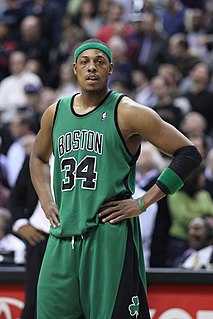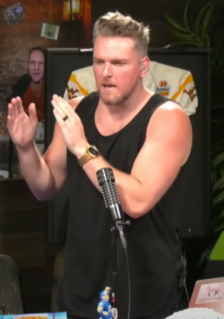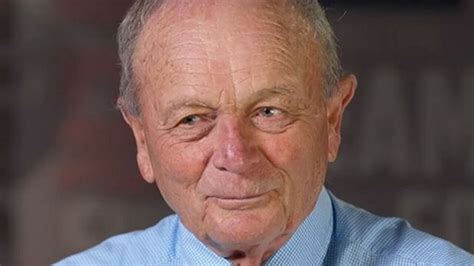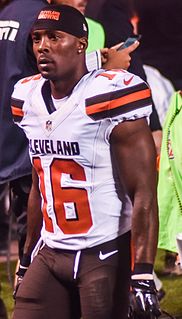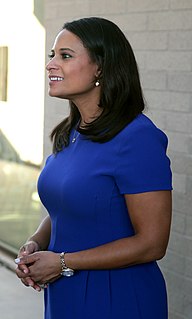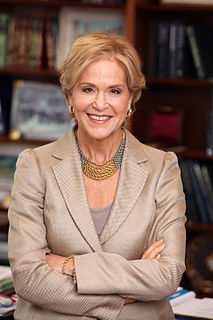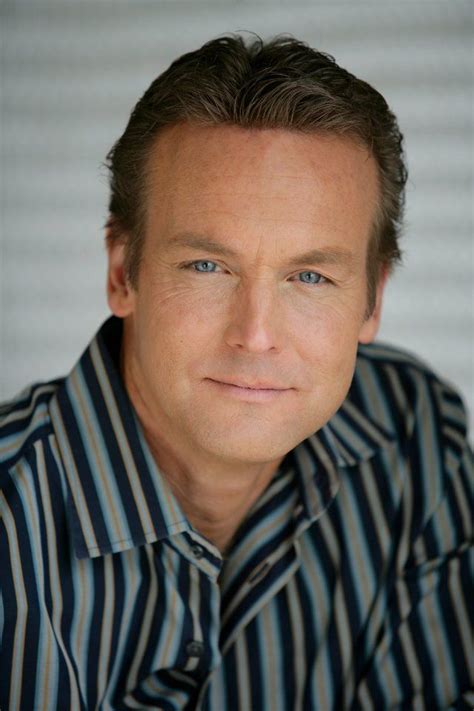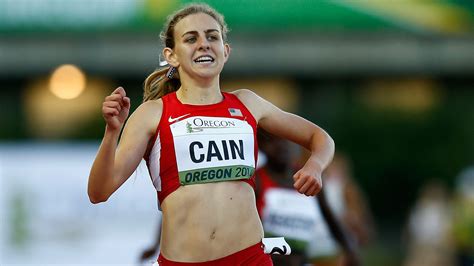A Quote by Madeleine Albright
I think we all are people that are the product of our backgrounds. It's wrong to think that you're not.
Related Quotes
I think that hip-hop should be spelled with a capital "H," and as one word. It's the name of our black people culture, and it's the name of our identity and consciousness. I think hip-hop is not a product, but a culture. I think rap is a product, but when hip-hop becomes a product, that's slavery, because you're talking about people's souls. To me, that's the biggest problem.
Our business is not based on having information about you. You’re not our product. Our product are these, and this watch, and Macs and so forth. And so we run a very different company. I think everyone has to ask, how do companies make their money? Follow the money. And if they’re making money mainly by collecting gobs of personal data, I think you have a right to be worried.
I think that hip-hop should be spelled with a capital "H," and as one word. It's the name of the culture, and it's the name of the identity and consciousness. I think hip-hop is not a product, but a culture. I think rap is a product, but when hip-hop becomes a product, that's slavery, because you're talking about people's souls.
It's really rare for people to have a successful start-up in this industry without a breakthrough product. I'll take it a step further. It has to be a radical product. It has to be something where, when people look at it, at first they say, 'I don't get it, I don't understand it. I think it's too weird, I think it's too unusual.'
I don't think I'm saying anything wrong. And that's just how I judge it. I believe it's not so much about the people, that's just my take. I think making it about people is the wrong way to do it. I think it's the systems. The systems are broken; the systems are what need to be fixed. I think there's bad people in every sector of America.
I think that 9/11 is a greater loss if we do not change our behavior in some way. I think that if we don't turn it into a positive change in some way, those innocent people really died for no purpose. I would like to think they had some important purpose. What I see, that I don't like, is the product of what our land of opportunity can breed.


